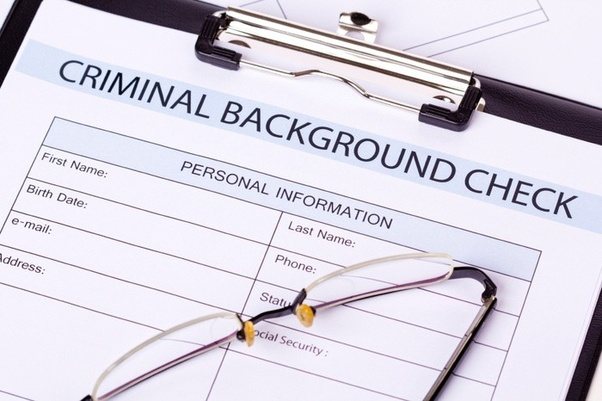There are plenty of situations in life when someone could run a background check on you. Companies typically run background checks on potential employees to make sure they don’t hire someone with red flags on their record. Landlords can run background checks on prospective renters for the same reason.
If you know or suspect that you have a warrant for your arrest, you’re likely wondering do background checks show warrants? There are a couple factors to keep in mind here.
Types of Warrants
The first thing to understand is that not all warrants are created equal. There are three main types of warrants, which are:
• Bench Warrants
• Civil Warrants
• Criminal Warrants
If you didn’t show up to court when you were supposed to, then the judge can issue a bench warrant, which gives police the authority to arrest you or to be in custody of the police. These become part of the court’s records, and a judge can issue a bench warrant for a civil or criminal case.
A civil warrant is also issued by a judge, but it’s issued when you don’t follow a court order. For example, if the court set a specific child support amount for you to pay every month and you failed to pay it, then the judge could issue a civil child support warrant. This type of warrant will also become part of the court’s records.
A criminal warrant is different, as it’s issued by the police instead of the judge. The police issue this type of warrant when they suspect you of a crime, and there can be both misdemeanor warrants and felony warrants, depending on the extent of the criminal charges. These warrants are part of law enforcement’s database.
The question of will a warrant show up on a background check depends in part on the type of warrant. The first two types of warrants are likely to show up on your typical background check, whether they’re from the state you currently live in or they’re warrants from other states. A criminal warrant may or may not. Some states allow criminal warrants to be looked up, and others do not.
Background Checks Can Vary
Another important thing to note here is that there’s not one uniform background check that everybody uses and you should know what can be revealed in a background check. There are many different companies that provide background checks. The information included on your background check will depend on who’s running the background check and how thorough of a background check they’re doing.
When an individual or company purchases a background check, they go through the following process:
1. Select a company to handle the background check.
2. Select the items they want to be included in the background check.
3. Wait for the results.
It’s impossible to predict with 100-percent accuracy whether a warrant you have will show up on your background check because that would require knowing what the party conducting the check asks for.
Assume Warrants Will Show Up on Your Background Check
The bottom line is that any warrant, whether it’s a bench warrant, a civil warrant or a criminal warrant, is something that can be traced. If you have any warrants to your name, it’s best to assume that they’re going to be on your background check. A detailed background check will typically pick those items up along with other parts of your criminal history.
It’s smarter to mention any potential red flags in advance, and that includes arrest warrants. This at least gives you the opportunity to explain yourself, which may convince the person running the background check to give you the benefit of the doubt on any warrants, especially if it was only an honest mistake. It’s better than saying nothing and looking untrustworthy should a warrant pop up.
One option you can consider if you want to get an idea of what’s on your background check is to purchase one on yourself. You’ll obviously want to get the most thorough background check you can, as that will be the most likely to show any warrants. If your warrants aren’t there, they may also not be there on other background checks, which means it could be better to avoid mentioning them.

